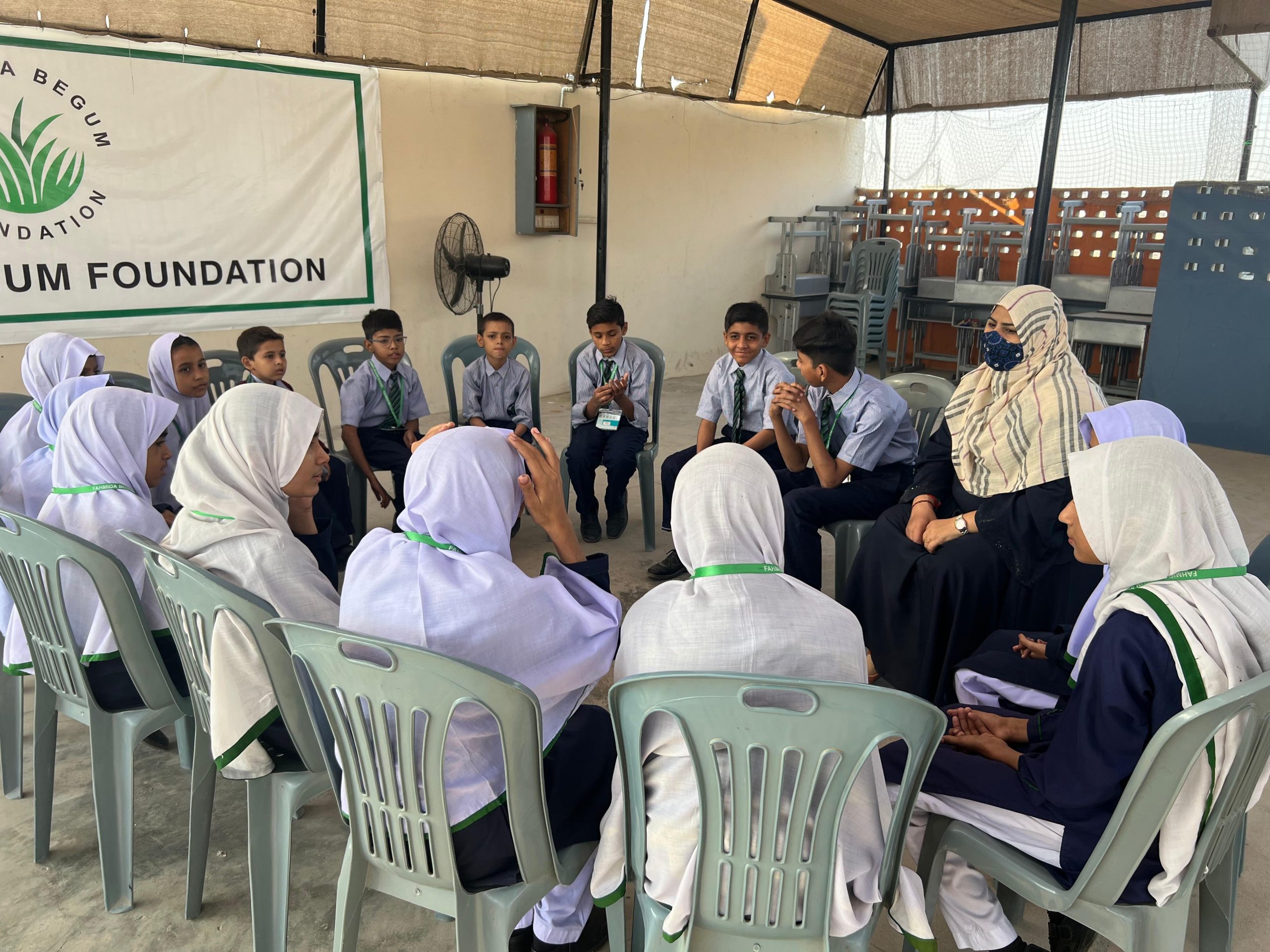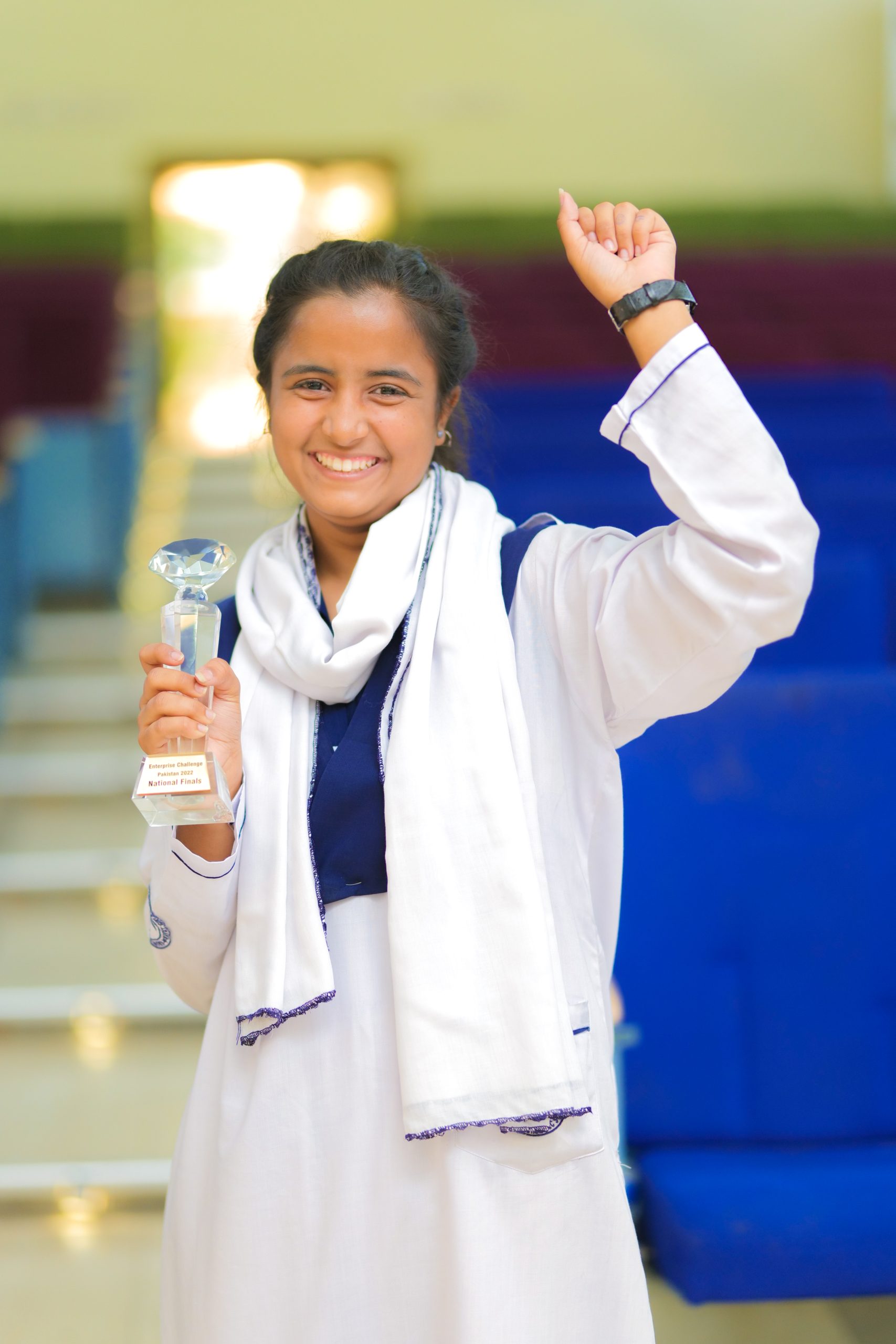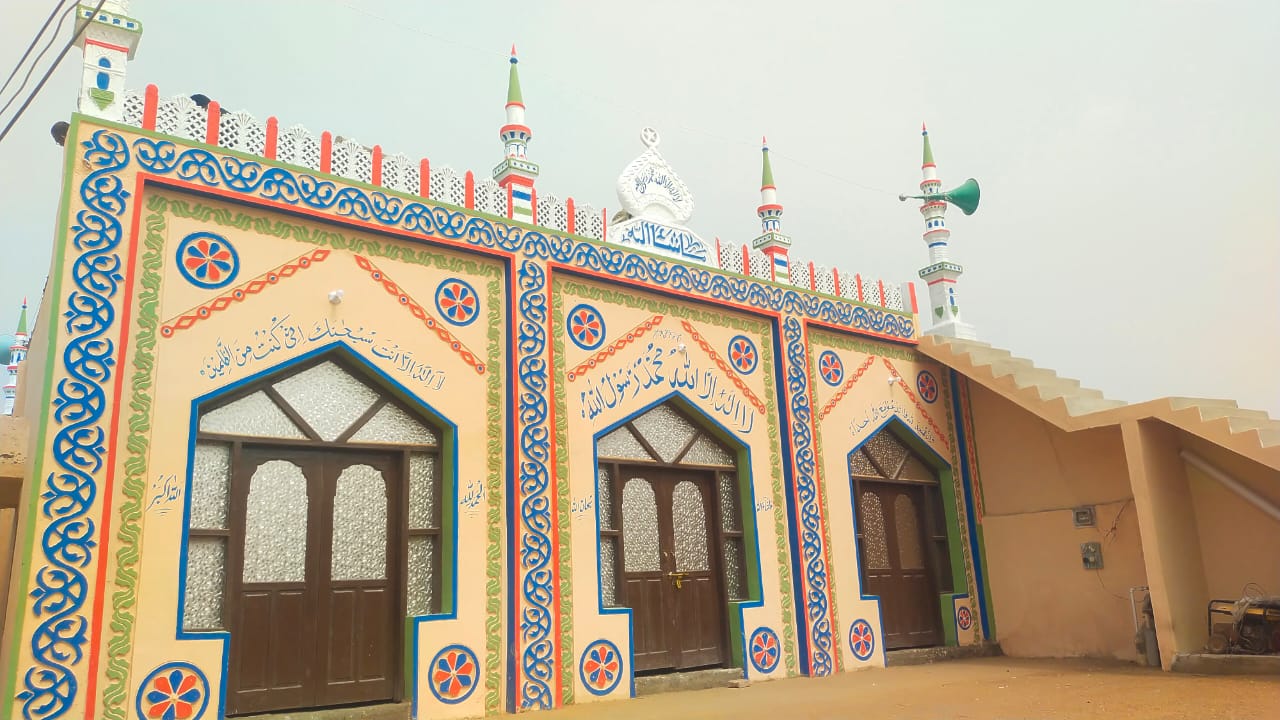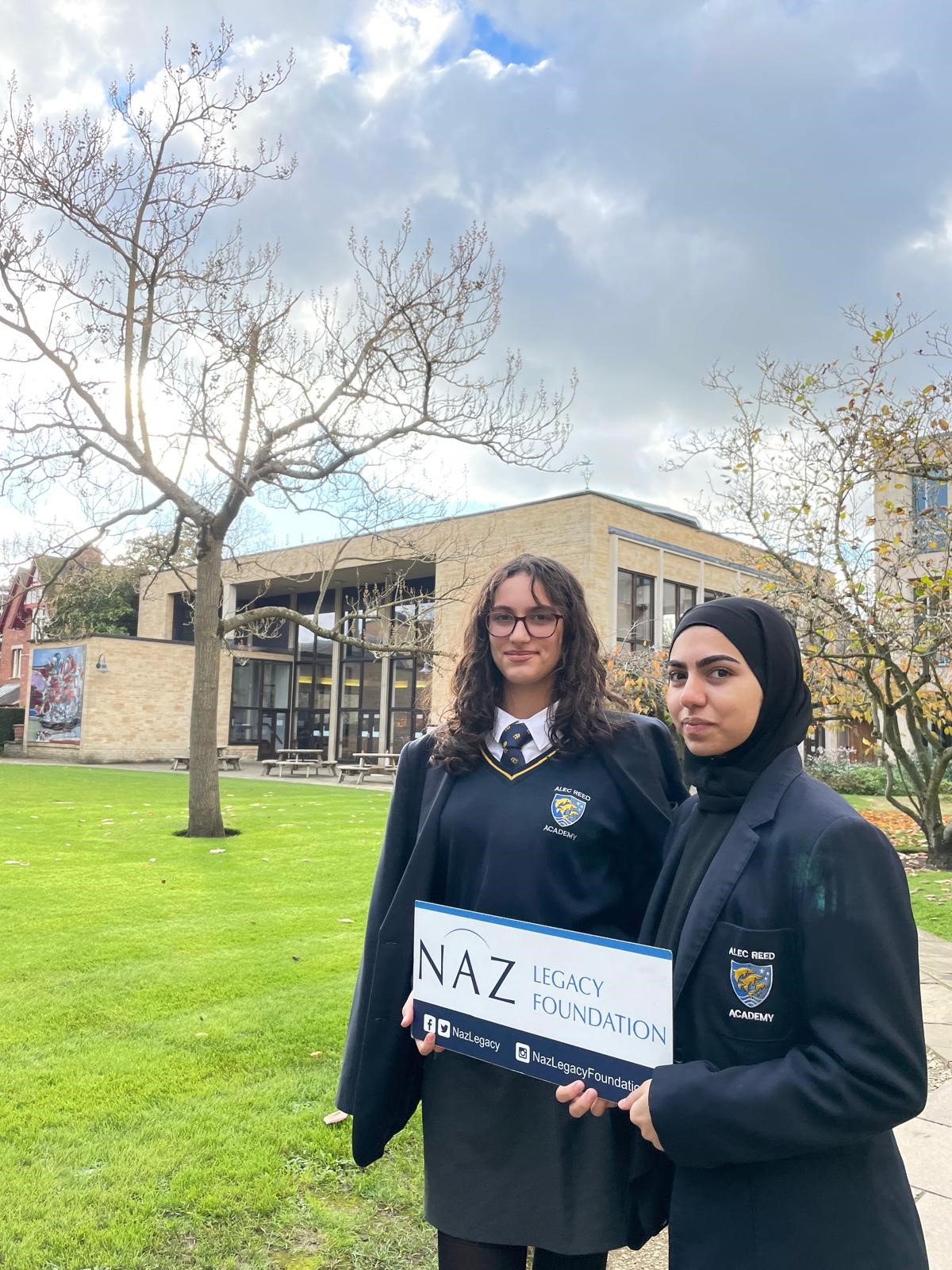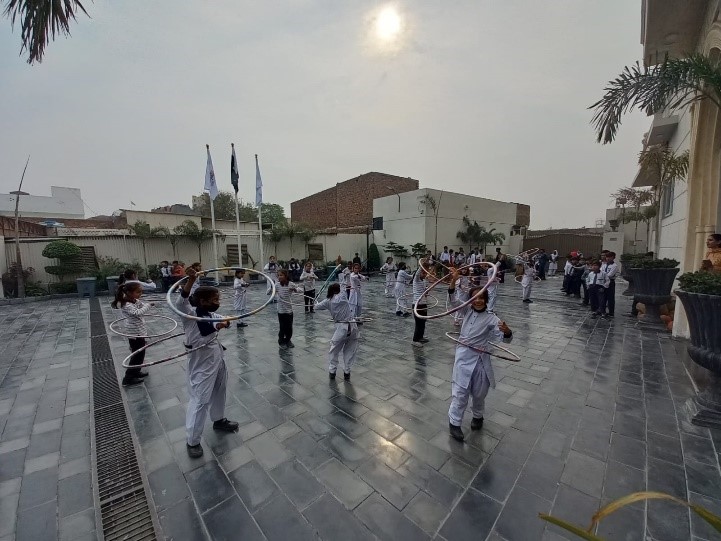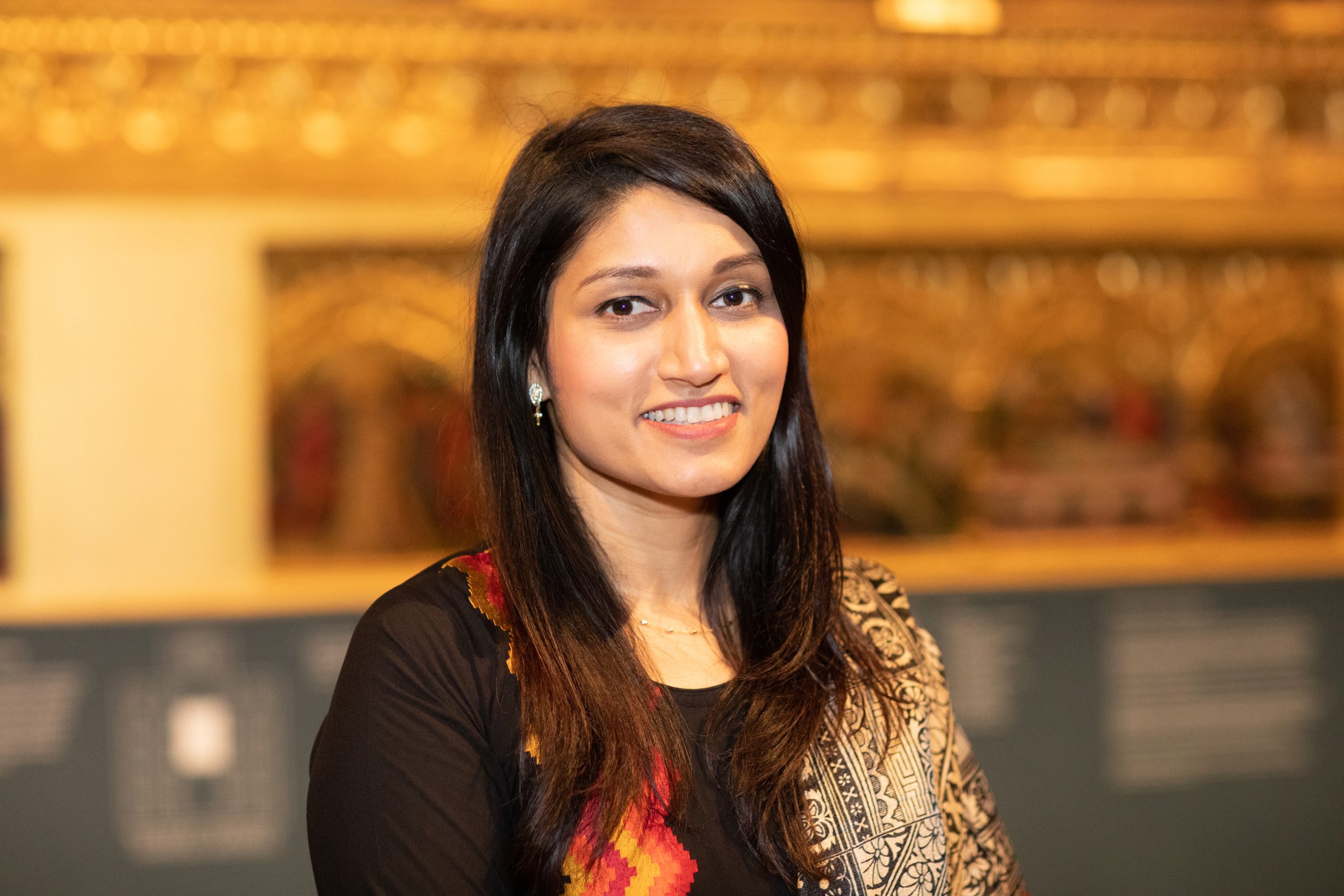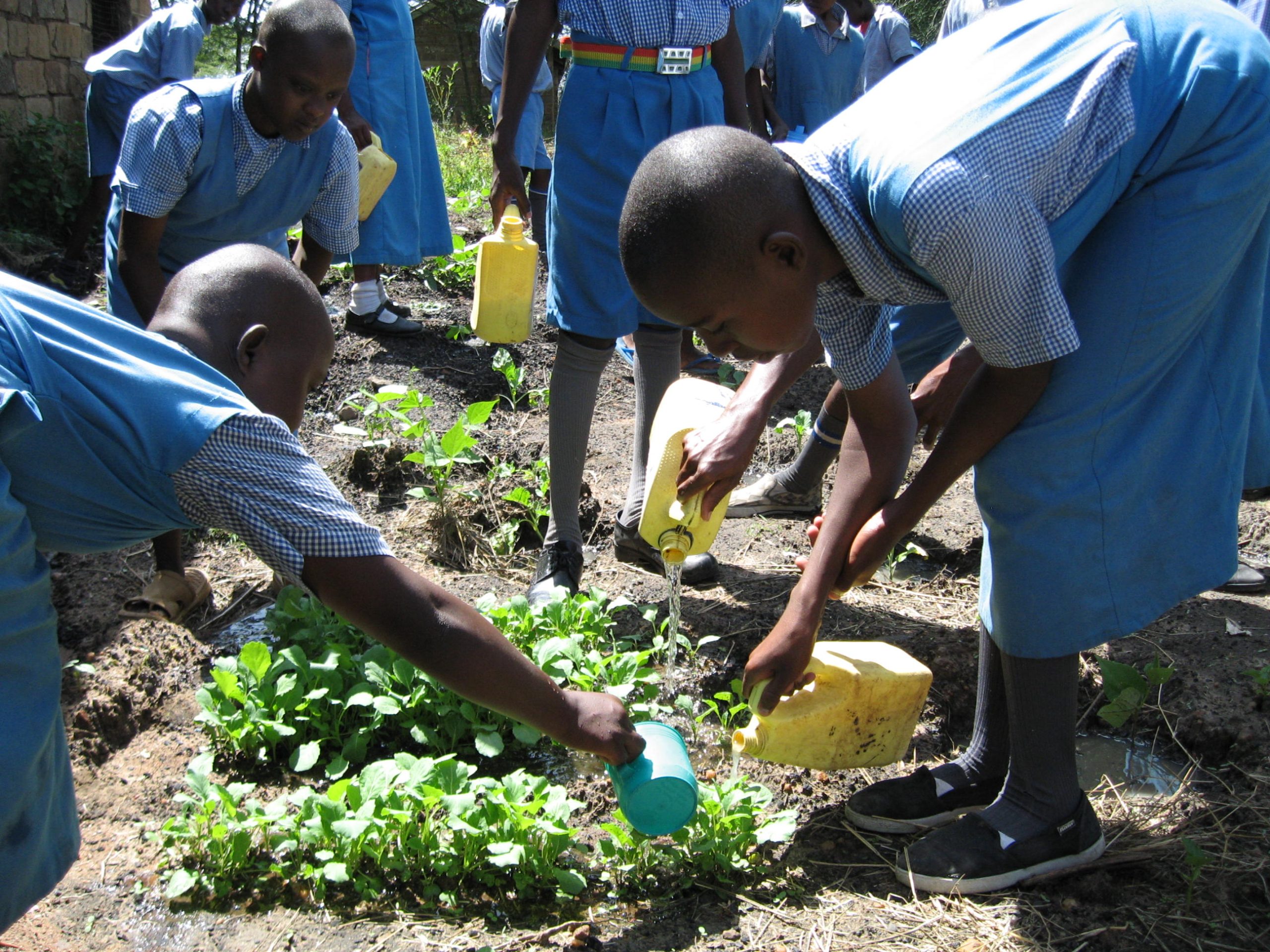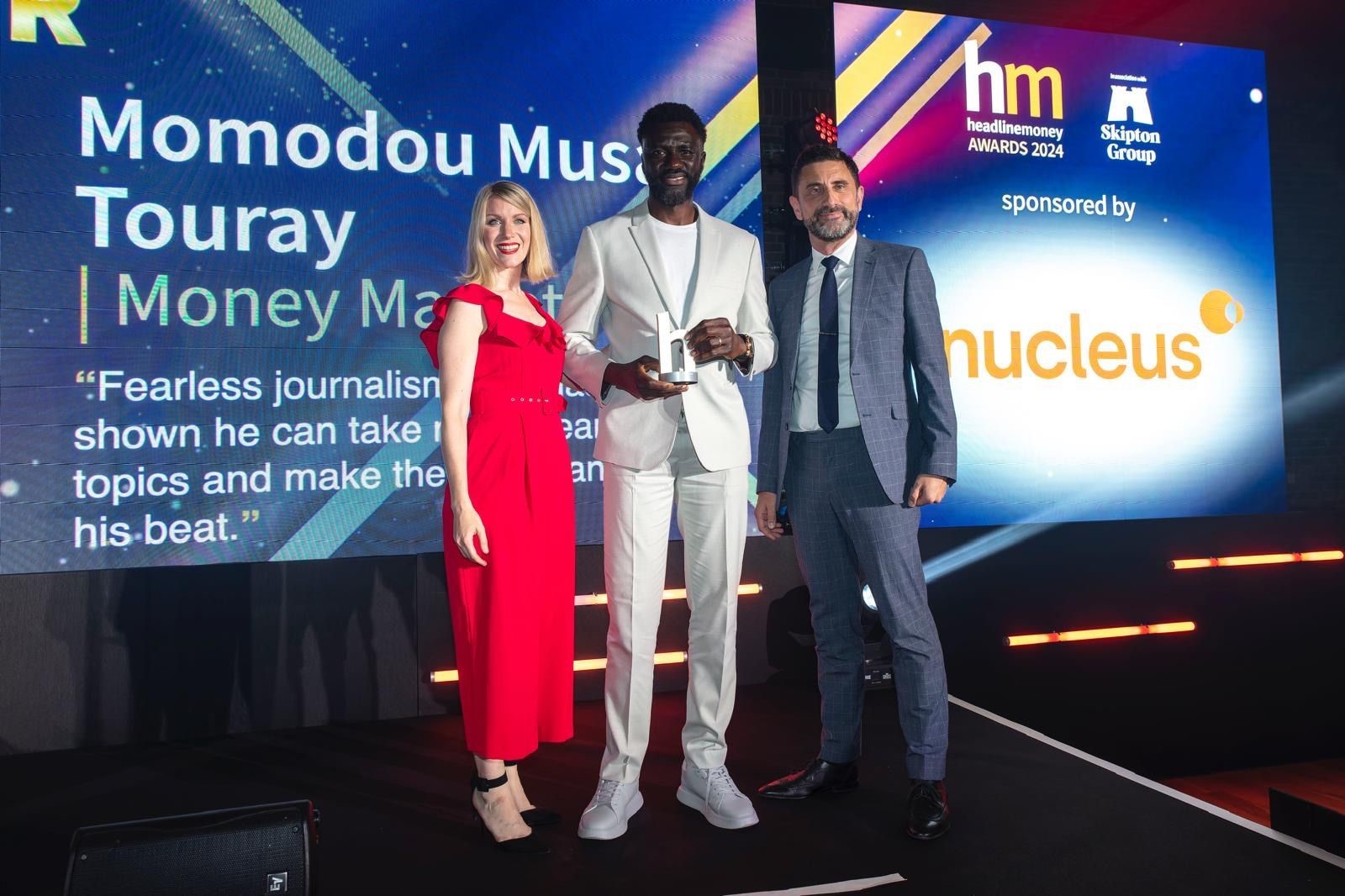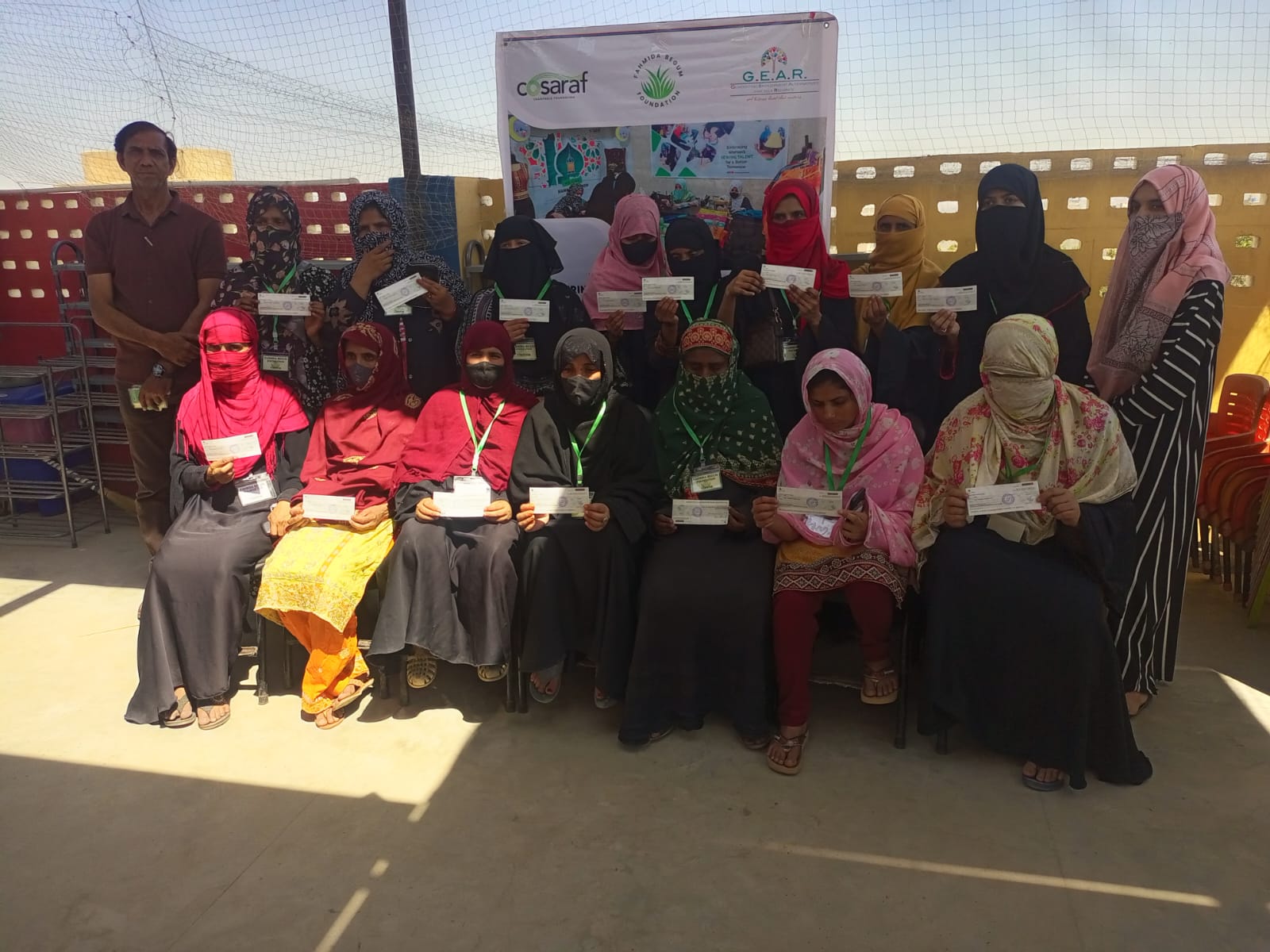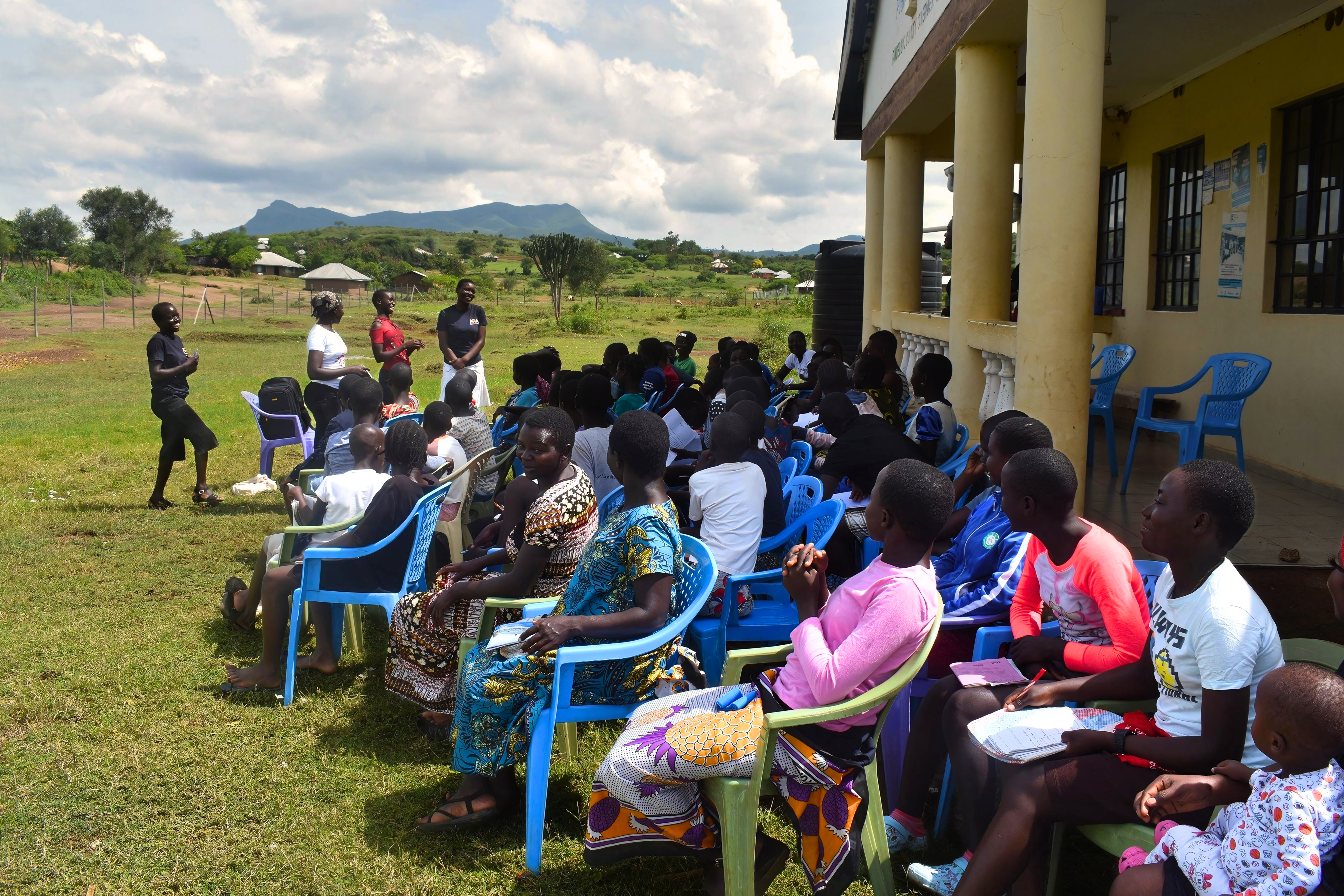
Women and Children First, a new partner for the COSARAF Foundation, have recently updated us on the progress of their pilot Participatory Learning and Action groups for Adolescent Sexual and Reproductive Health in Kenya.
This project is to establish community health groups as a tool for addressing sexual and reproductive health challenges facing women and adolescent girls in Kenya.
The project has now created a safe community-based space the adolescent girls are excited to participate in, where they are in control of their reproductive and sexual health, free from judgment and misinformation. Almost 700 adolescent girls, and young women have benefited from attending, across 10 community health groups. 20 group facilitators have been trained and this will ensure ongoing sustainability of the project for the future.
There has been high turnout and participation in the groups, which is a testament to how much the girls enjoy and value these sessions. The girls and young women have said that the meetings are a forum for them to talk to their peers about sexual and reproductive health; before, they would not have spoken about this to others. Community Health Volunteers are present in their communities (their role is to provide health education and services to families who may not otherwise have access to care), but they would never speak to them about their sexual and reproductive health for fear of their parents finding out they were sexually active.
The adolescents enjoy these meetings because when other organisations come to their communities, they feel they have ‘pre-determined agendas’. However, on this programme they feel they have ownership and control over project activities because they choose what local action they wish to take. The solutions the groups came up with are realistic and achievable as they generally involve locally available resources, e.g. a session with a female healthcare provider who doesn’t know them (to ensure privacy and lack of judgment, giving the girls the ability to be open).
Sometimes when the facilitator is unable to make the meeting due to illness the groups meet anyway and recap what they learnt in the previous meeting. The facilitator will come to the rearranged meeting and pick up where they left off – so no groups officially continue without the facilitator. Their commitment to meeting shows their dedication to the programme and how much value they place in the groups being a space where they can talk and share.
We are excited to see this project grow and develop beyond a pilot, providing much needed opportunities for women and girls to be empowered with their own health in Kenya.


